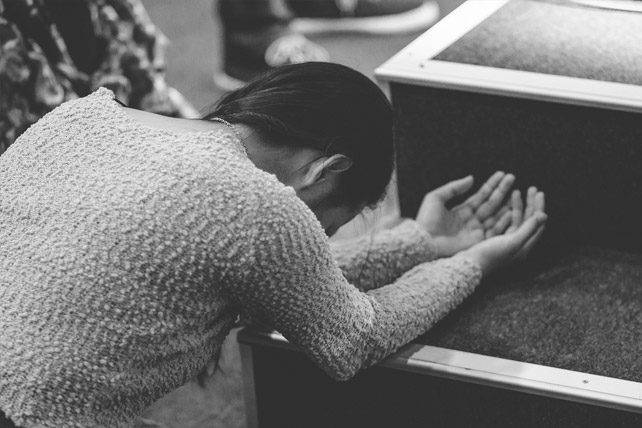Psalm 85 is a heartfelt plea for God’s favor and forgiveness, rich in imagery and emotion. This ancient song encapsulates the Israelites’ yearnings for restoration, absolution, and divine intervention. As we delve into the psalm, we’ll uncover its profound meanings, messages, and implications for both the past and present-day believers.
Psalm 85 stands as a poignant appeal to God, reflecting the Israelites’ situation of distress and their longing for the restoration of God’s favor. The psalm begins by recounting past mercies where God showed favor to the land, restored the fortunes of Jacob, and forgave the iniquity of His people. This retrospection serves as a foundation for the plea, setting a tone of hopeful expectation based on God’s previous acts of salvation.
The narrative transitions from gratitude to a fervent request for renewal. The psalmists appeal to God’s mercy, seeking relief from prolonged suffering and divine indignation. The text reflects a community’s collective acknowledgment of sin and their yearning for redemption and a renewed relationship with their Creator.
“Mercy and truth are met together”
“Mercy and truth are met together; righteousness and peace have kissed each other.” Psalm 85:10 encapsulates the core message of reconciliation and peace with God. It represents the ideal state of affairs where God’s unfailing love (mercy) meets His unalterable truth, and His righteousness (justice) harmonizes with peace. This verse symbolizes the hopeful outcome of God’s forgiveness—a restoration of balance and harmony between God and His people.
A Lament?
Yes, Psalm 85 can be classified as a lament psalm, although it also contains elements of thanksgiving and hope. It expresses sorrow over the nation’s current plight and a longing for the restoration of God’s favor. The structure of the psalm, moving from recalling past mercies to pleading for new intervention, typifies the lament genre in Hebrew poetry.

